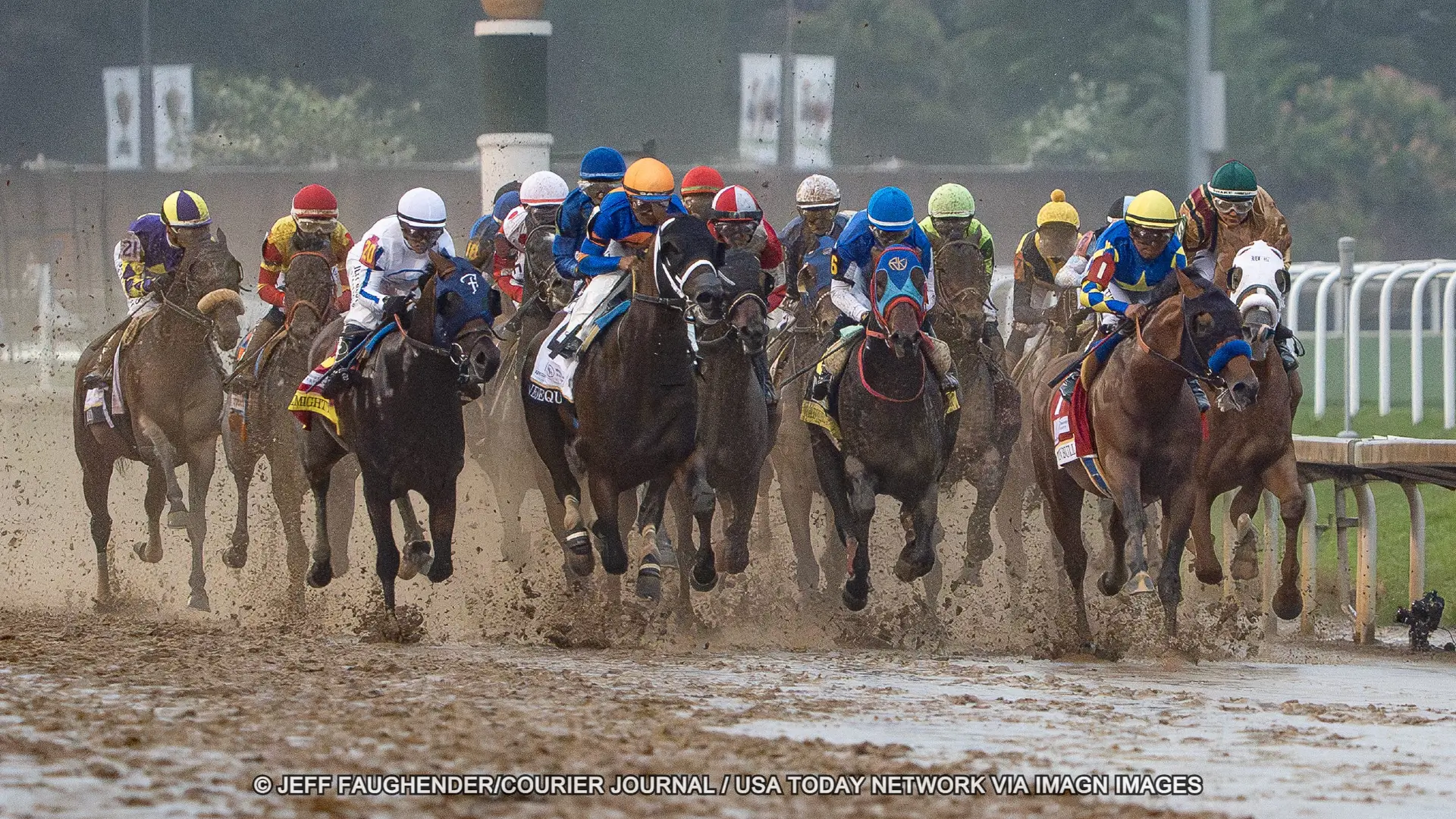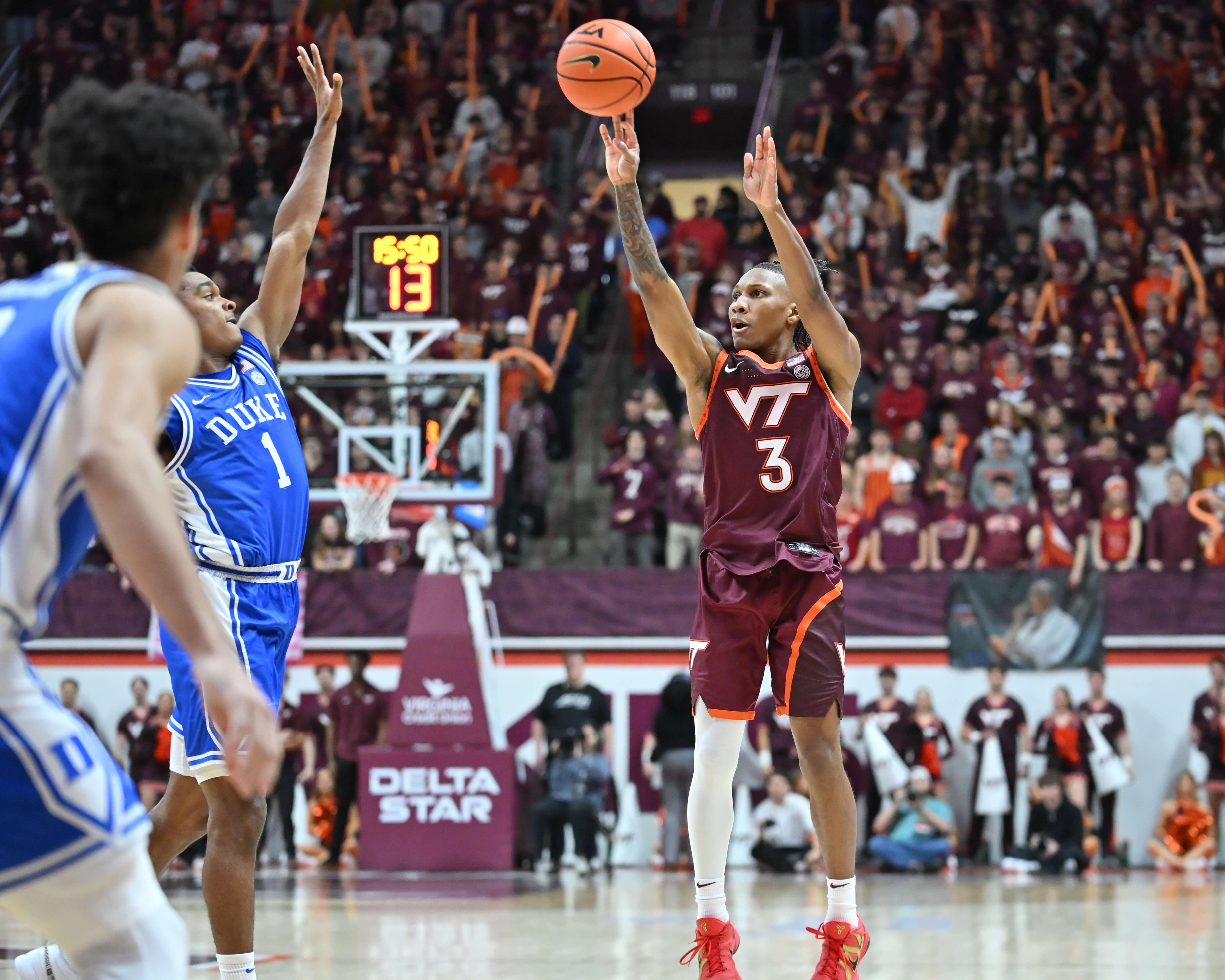The doors have opened.
Henrico-based and Churchill Downs-owned Roseshire Gaming Parlor opened their doors on Monday, Sept. 29, after receiving a 5-0 unanimous approval by the Virginia Racing Commission (VRC) last Monday.
The project advanced despite strong vocal objections from some community leaders and lawmakers over transparency and legal concerns. The approval process did not have any public comments or input, and Churchill Downs used a 1992 Henrico referendum as the basis for its license application, even though the state's 2018 legislation that formally allowed such machines came nearly three decades later.
Located at the Staples Mill Shopping Center, the facility features 175 historical horse racing machines (HRM) terminals that resemble slot machines and that are permitted under a 2018 state law.
Close to 100 people have been hired to work at the site, which will also have live entertainment, simulcast wagering on horse racing across the country, along with food/beverage options.
Louisville, Kentucky-based Churchill Downs Incorporated - which also owns Colonial Downs Racetrack, Rosie’s Gaming Emporiums, and The Rose Gaming Resort - invested close to $35 million to develop Roseshire. Revenue that is generated, at not only Roseshire, but other HRM locations as well, support the state's more than $2 billion equine industry.
For example, live race days and purses at Colonial Downs Racetrack in New Kent have increased to record highs, with the track hosting its first Kentucky Derby qualifier this summer.
As of last month, the Old Dominion State had 2,995 historical horse racing (HHR) machines across its facilities, operated by Rosie's Gaming Emporium and Colonial Downs:
Colonial Downs (New Kent): 486 machines
Rosie's Hampton: 700
Rosie's Richmond: 700
Rosie's Vinton: 472
The Rose Gaming Resort (Dumfries): 1,650
Rosie's Emporia: 150
Rosie's Collinsville: 37
These exist alongside Virginia sports betting apps, which have become another major driver of gaming revenue since launching in 2021.
The cap on HHR machines in the state has not been changed recently, remaining at 3,000 (set by the VRC in 2022).
The limit was established to balance industry growth with local input, where facilities can install up to 700 machines, but localities may restrict up to 35% below the authorized number based on population. The Virginia General Assembly's 2025 session (January–March) did not address this, and current law (Virginia Code § 59.1-376) ties the cap to the commission's rules, unchanged since 2022.
Future proposals to change the cap limit could come about next year.








